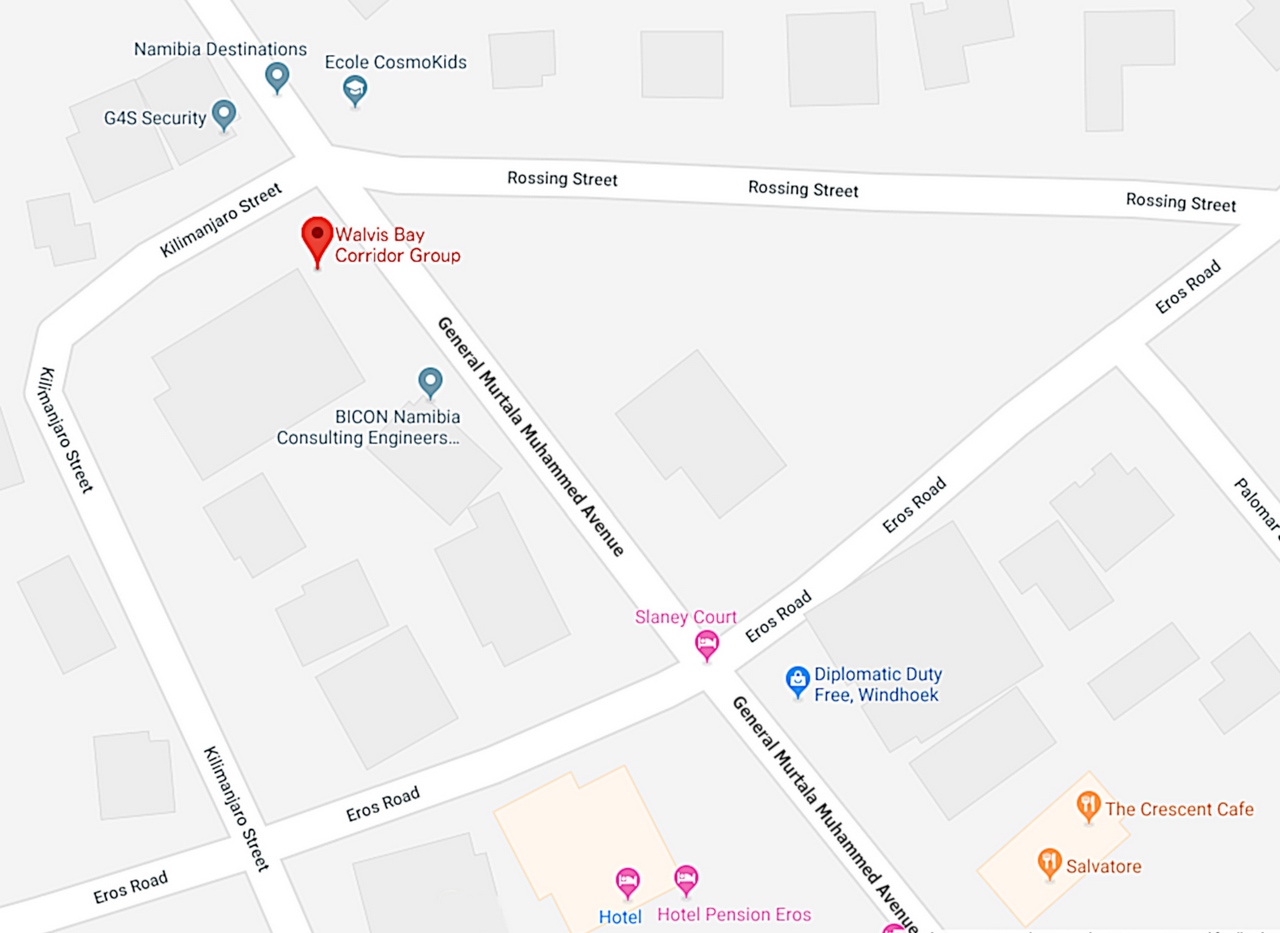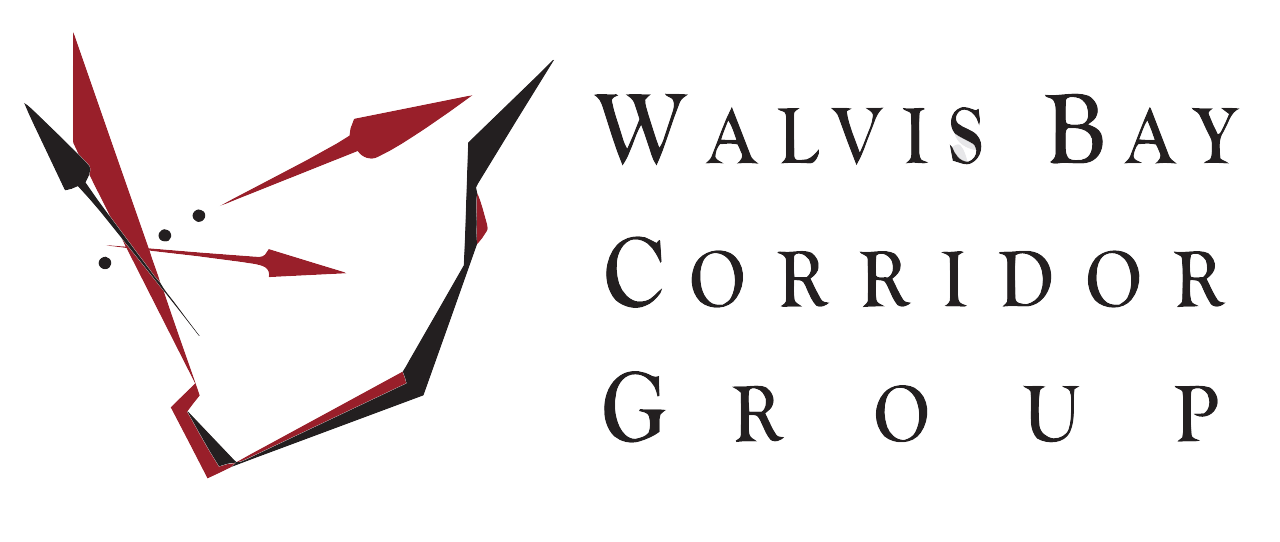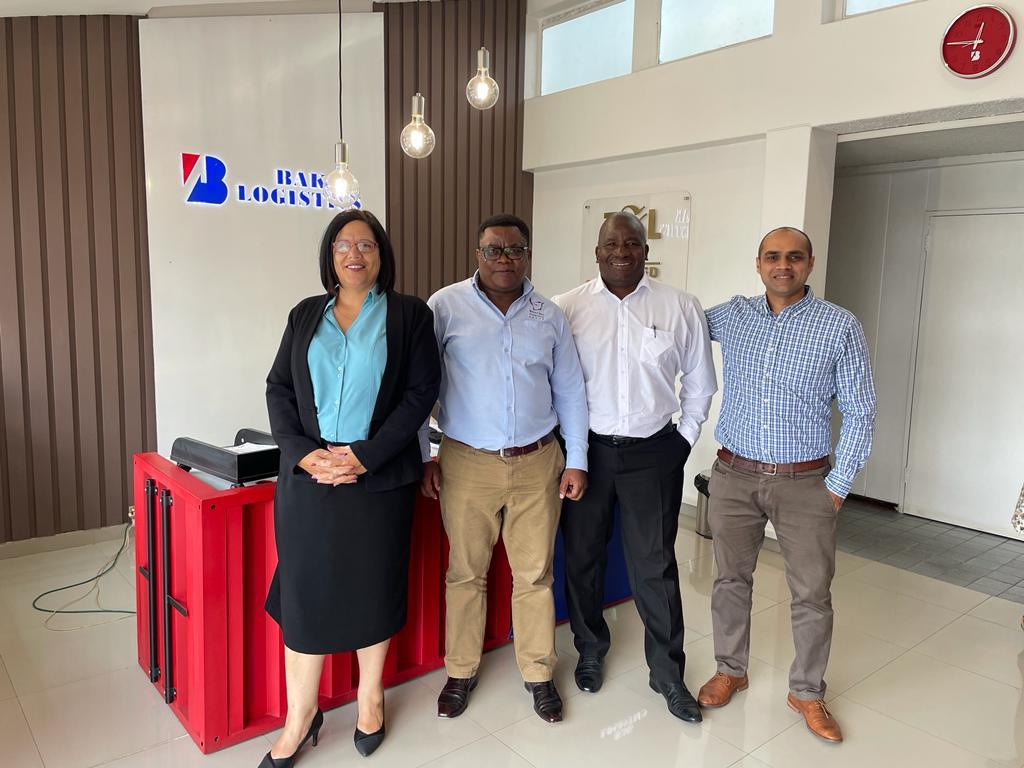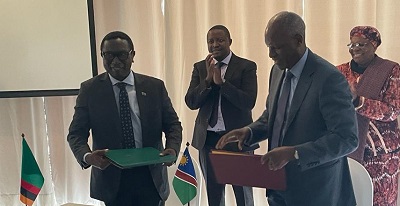Development Finance supports logistics strategy
Posted: 30 Apr 2018
 As growth resumes in Namibia and with its trade partners, the Namibian transport and logistics sector will become a greater source of economic activity for the country, said Development Bank of Namibia (DBN) Senior Manager: Corporate Communication, Jerome Mutumba. On this basis, the Bank is initiating a drive to stimulate the sector with finance.
As growth resumes in Namibia and with its trade partners, the Namibian transport and logistics sector will become a greater source of economic activity for the country, said Development Bank of Namibia (DBN) Senior Manager: Corporate Communication, Jerome Mutumba. On this basis, the Bank is initiating a drive to stimulate the sector with finance.
The drive has a twofold purpose: to enable sectoral capacity building among existing enterprises, and to open the door to new entrants.
Mutumba said that the Bank expects increasing demand based on two factors.
Firstly, there is a growing need for movement of goods and commodities within Namibia. As towns and villages in Namibia improve their socio-economic statuses, increased activity will bring about a greater need for transport and logistics.
Secondly, SADC regional development is leading to improvements in potential for trade between countries in the region. The current level of optimism is illustrated by numerous trade corridors opening in the region, in addition to the Trans-Kalahari and Trans-Caprivi Corridors in Namibia.
Adding to direct financing of enterprises, the Bank is also financing a number of infrastructure projects that have a direct impact on the sector, including road construction and rehabilitation, and the NEF fuel storage facility, which will extend Namibia’s fuel reserves. The Bank has also provided finance to Namport for cranes.
By supporting the transport and logistics sector, Mutumba explains, DBN is supporting the economic future of Namibia, its overarching drive for trade, and its ambition to become the regional transport hub of choice for its neighbours.
Talking about elements where DBN finance can be brought to bear, Mutumba said the shopping list includes warehousing, cold storage, bonded warehouses, dry ports, truck ports, fleets as well as other assets used on a day-to-day basis, such as containers, cranes and lifts.
Service stations, he said are currently classified by the Bank as retail operations, but DBN has provided financing for these enterprises as well. He also said the Bank provides finance for peripheral enterprises, such as repair facilities, and professional services required by the sector. DBN previously also inked an agreement with Namport to finance qualifying companies engaged in providing services to Namport.
Larger enterprises with complex financing requirements are offered structured financing packages by the Bank. These packages can consist of a mix of asset finance, commercial property development finance, and operating capital.
SMEs, defined by the Bank as companies with an annual turnover of less than N$10 million would be serviced either by the newly-established DBN SME Centre, or through its regional offices in Walvis Bay or Ongwediva.
Describing the range of products offered by the Bank, Mutumba listed installment sales agreements, term loans, property development finance and performance guarantees. He mentioned contract (tender) based finance in terms of which Bank finance is repaid by the contractor or entity awarding the finance. He added that the Bank also finances management buy-ins and buyouts.
In closing Mutumba said the current recession is lifting, and in order to make the best use of opportunities, transport and logistics enterprises should prepare plans now to make the best use of improved economic activity, rather than risking lags in competitiveness.
He concluded by urging the transport and logistics sector to make use of the Bank’s open door policy, and expect more from the road ahead.






